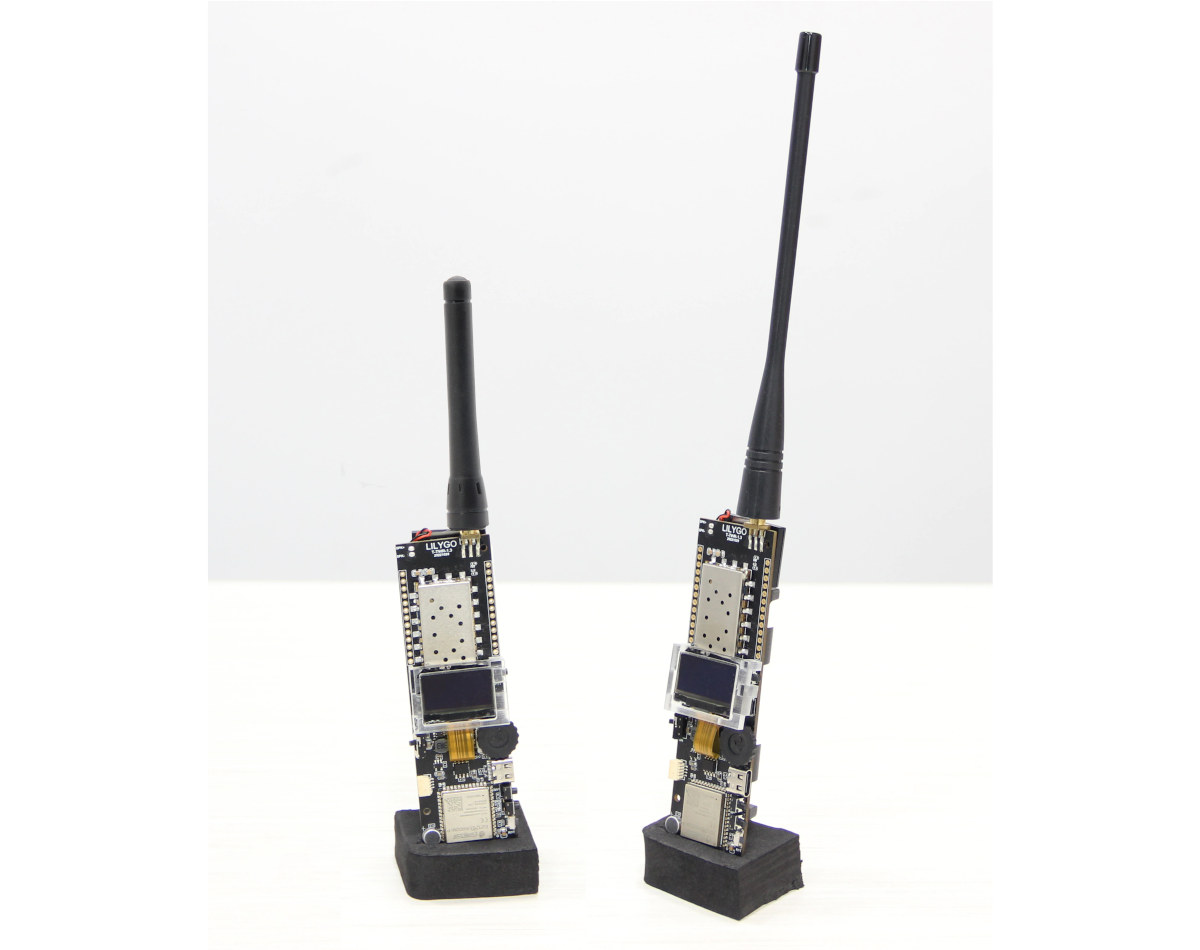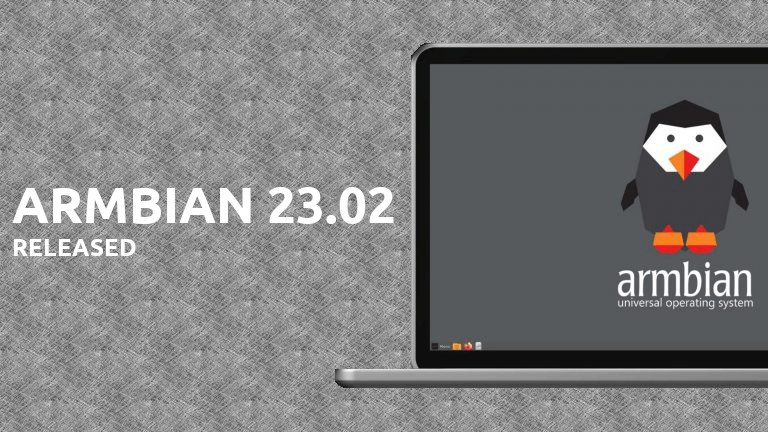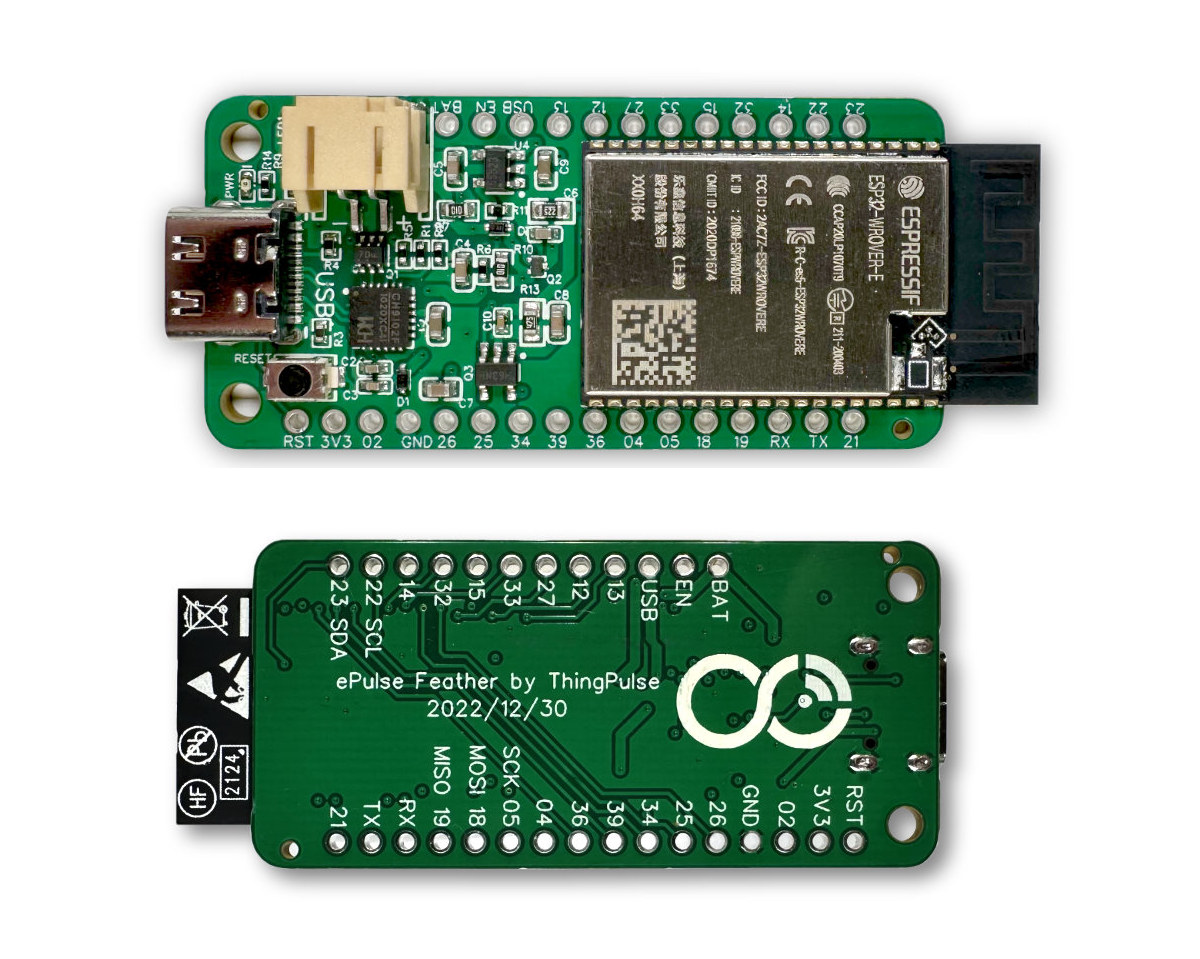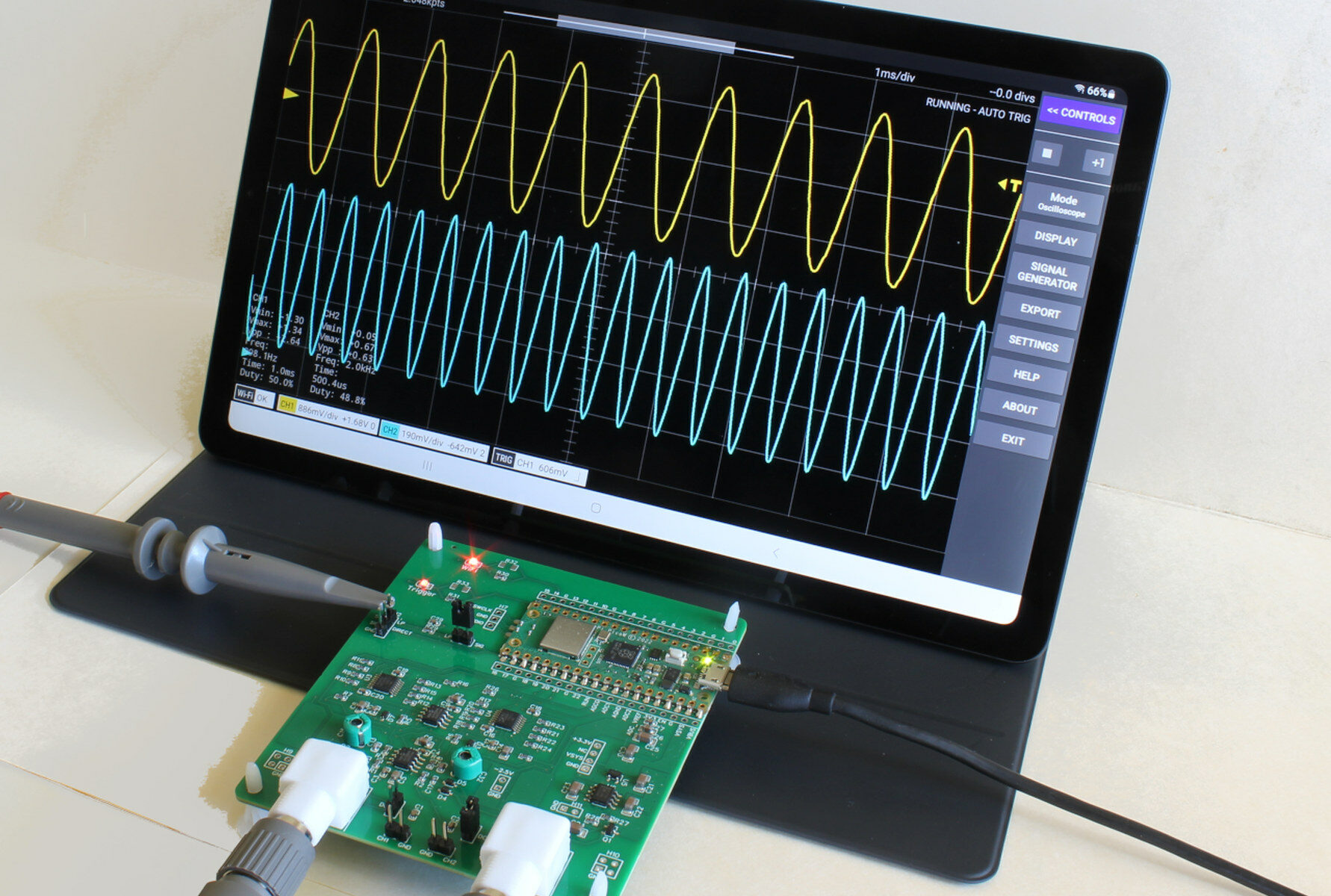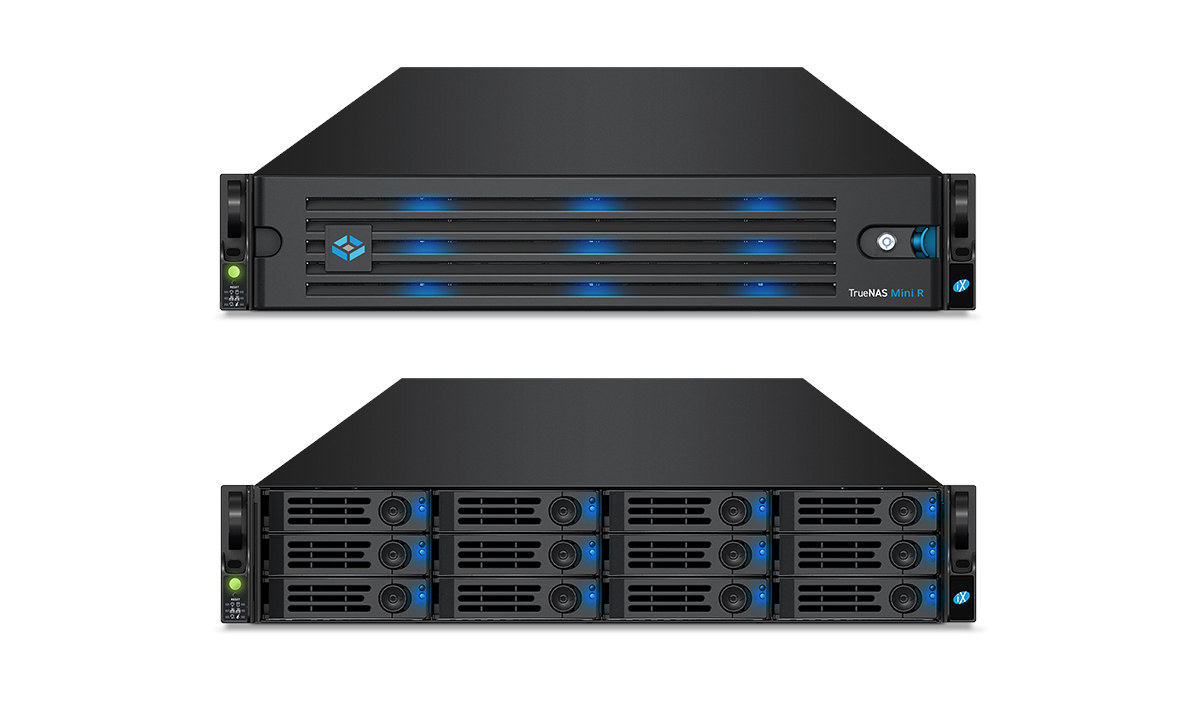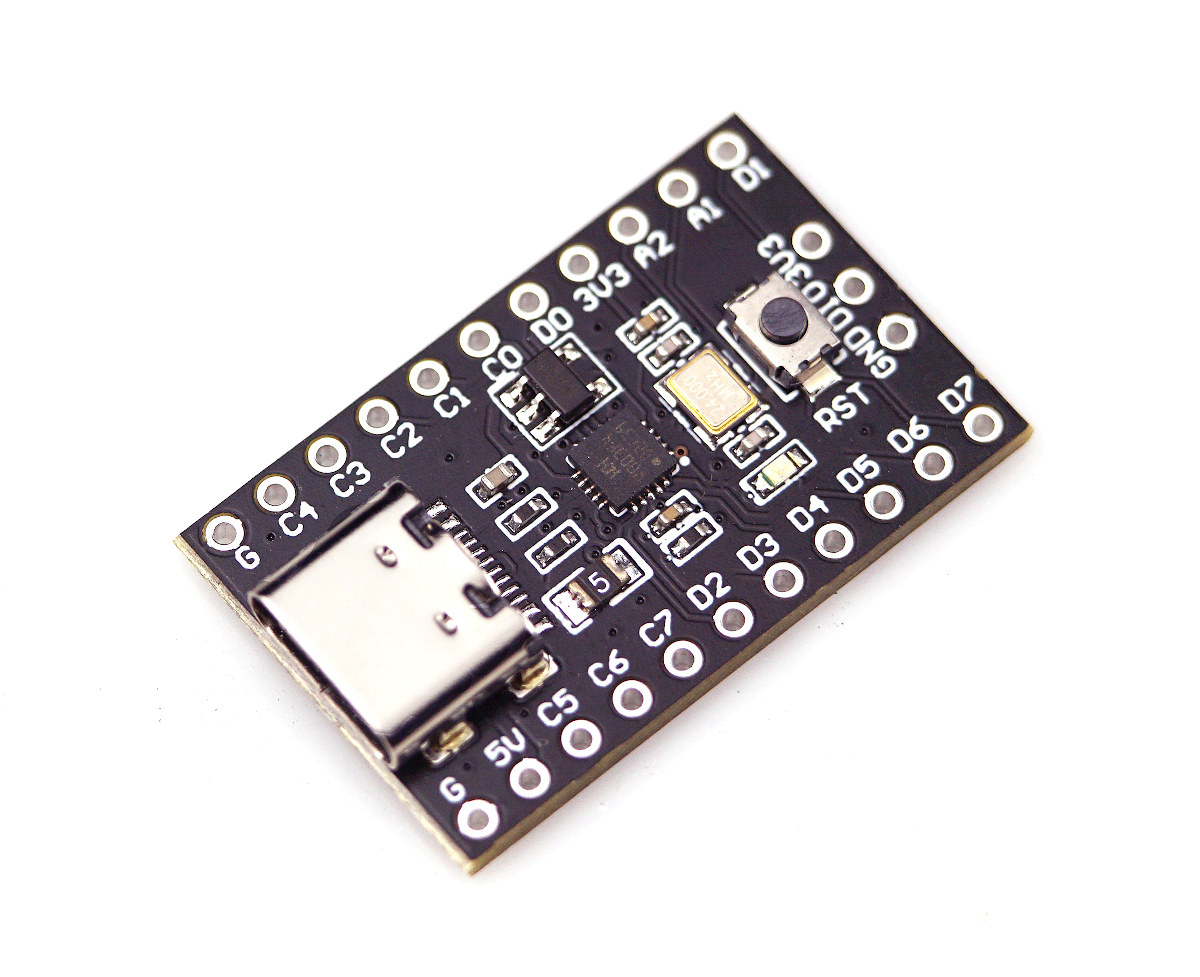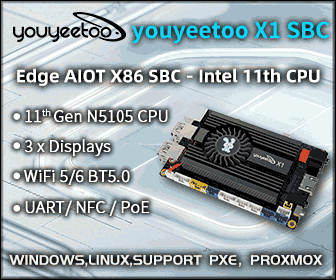LILYGO T-TWR is an ESP32-S3 board with an SA868 Walkie-Talkie module
LILYGO T-TWR is an ESP32-S3 development board fitted with an SA868 Walkie-Talkie module and a UHF or VHF antenna, a speaker, a microphone, a small 0.96-inch OLED, and a 18650 battery holder, plus some I/Os for expansion. Equipped with an ESP32-S3-WROOM-1-16NR8 module, the T-TWR offers WiFi 4 and Bluetooth 5.0 connectivity, a dual-core processor with 16MB flash and 8MB PSRAM, and enables users to design their own Walkie-Talkie, while its expansion capabilities allow the control of devices. LILYGO T-TWR specifications: Wireless module – Espressif ESP32-S3-WROOM-1-N16R8 module with ESP32-S3 dual-core LX7 microprocessor @ up to 240 MHz with Vector extension for machine learning, 16MB FLASH, 8MB PSRAM, WiFi 4 and Bluetooth 5 LE/Mesh Display – 0.96-inch OLED with 128×64 resolution based on SSD1306 I2C display driver SA868 Walkie-Talkie module based on RDA1846S chip Bandwidth: 12.5 kHz/25 kHz Sensitivity: -124 dBm Support 1.6W or 1.8W mode. The latter is not recommended due […]

